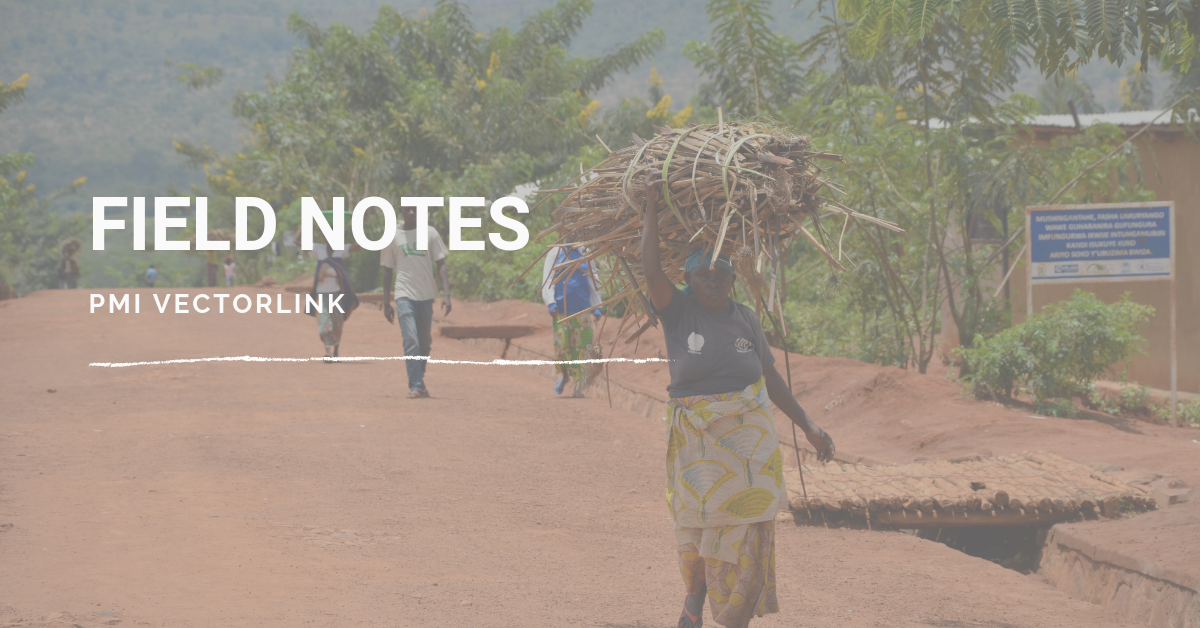We all know that mosquitoes and their behavior can vary by country. What about by continent? This week’s Fist Bump highlights the work of VectorLink Colombia which studies the effectiveness of malaria control interventions in the Pacific coast of the Cauca Department. To show the technical methodologies used and present the findings obtained thus far to the organizations, institutions, stakeholders, and communities involved, the project team decided to host an event on June 10 for all stakeholders that would be both educational and fun, with various stands highlighting different project activities.
People arrived in boats coming from the localities of Guapi and Timbiquí; some people travelled around three hours to attend the event. The team also hosted representatives from the Ministry of Health and Social Protection, researchers from the National Institute of Health of Colombia, three representatives from the Cauca Department Health Secretariat (CDHS), and one representative from the Pan-American Health Organization (PAHO). Local health authorities, community leaders, and many residents from Guapi also attended. There were 114 people in attendance.

A tour of project activities started off the event. Seven of the stands covered activities like mosquito-catching techniques using a model house to differentiate between indoor and outdoor environments, identification of Anopheles mosquitoes using puzzle pieces with mosquito parts, parasite detection by playing a game in which participants had to “find the positive pool,” and an insectary with living larvae, pupae, and adult mosquitoes. The stands for insecticide susceptibility tests, bioassays and social surveys showed the guidelines used by the project and interesting discoveries in each activity. CDHS also had a stand where a representative displayed the malaria control strategies used by the government in the territory.
Music had the spotlight during the second part of the event. Winners of a contest promoted by both CDHS and VectorLink in the weeks running up to the event, called “Al son de la vida, territorios libres de paludismo” (To the sound of life, malaria-free territories) were announced. The contest asked participants to create songs and videos that would generate acceptance and reduce the population’s reluctance of vector control measures. A total of 17 teams submitted artistic proposals. There were four winners whose teams will be recording in a professional studio to share their message with the community.
In the best style of the Colombian pacific coast, a band closed the event by performing traditional music along with mosquito-related songs.
Sounds like a great event, VL Colombia! Great work getting the community involved.


